The protagonist of Teju Cole’s latest novel is a composite of his earlier creations, which in their turn are partial self-portraits. An artist roaming around with his camera, Tunde photographs hedges and trinkets, contemplates colour and listens to Malian music. Having left his native Nigeria three decades earlier, aged 17, by 2020 he is settled in New England. Meanwhile, Lagos has become ‘a reality of his life so large and at the same time so intimate, so intense and so various’, a feeling that increases whenever he returns to the city in person or in his imagination.
The narrative moves between the first and third person, now presenting Tunde’s point of view, now sketching out a vignette. A much-missed friend is occasionally evoked: ‘You’d been dead three years and he had never lost anyone that close to him before.’ It takes Tunde several conversations with the man’s son to remember what that friendship meant to him. While making or teaching art, Tunde thinks of the past and its atrocities. He looks back to the times when it went without saying that ‘the Indians surely must be massacred’; he researches the ‘witch hunts that convulsed the Salem colony in 1692 and which… had their beginnings in the false accusation made against Tituba, an enslaved woman’. Not all of these stories are widely known; each deserves a retelling.
A lecture on art, reproduced in the first person, continues the theme of slavery and colonial aggression. Halfway through it, Tunde momentarily goes blind in one eye. Then he recounts the sacking of Benin by British troops in 1897, when thousands of art objects were ‘expropriated… and scattered across the world, ostensibly to pay for the cost of the invasion’, and then ‘violently decontextualised’. ‘Any ethics that persistently considered works of art more valuable than human life is no ethics at all,’ he believes. Tunde’s thoughts on historical wrongs and authenticity in art are sometimes interrupted by the kind of everyday racism that will be familiar to readers of Open City, Cole’s 2011 debut novel, as will be the fact that ‘walking at night is a consolation’.
In Tunde’s classes, the only banned subject is Brexit, since ‘an anticolonial side of him resents having to hear about British politics’. Instead, he and his students discuss Samuel Little, an American serial killer, a black man who ‘understood racism and misogyny and used that understanding as a cloak’ as he raped and murdered dozens of women, mostly black and vulnerable. A video of Little talking about his victims reduces Tunde to tears for reasons that are never clearly articulated; nor can he explain why he grows addicted to this and other screen depictions of ‘inexhaustible brutality’.
There is more realism than plot to this multi-threaded novel. As Cole’s fans would expect, Sebaldian reflections abound. ‘The observer thinks and is meant to think: why?’ concludes one passage on the meaning of art. The same could be asked about this book. Questions addressed here are important, and there will always be reasons to write about them, either in a variety of ways or going for one tried and tested technique. Cole has been favouring the latter approach. Let’s hope it’s not his final choice.
Got something to add? Join the discussion and comment below.
Get 10 issues for just $10
Subscribe to The Spectator Australia today for the next 10 magazine issues, plus full online access, for just $10.
You might disagree with half of it, but you’ll enjoy reading all of it. Try your first month for free, then just $2 a week for the remainder of your first year.

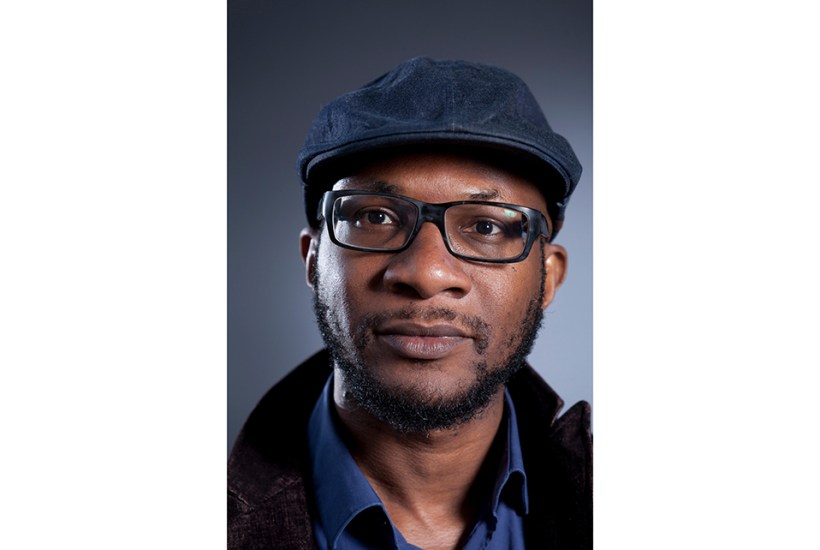

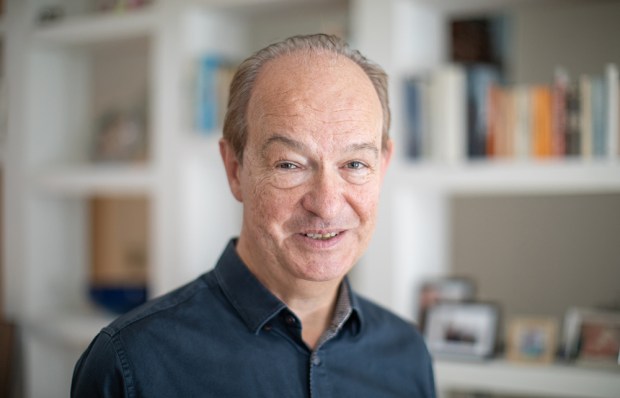

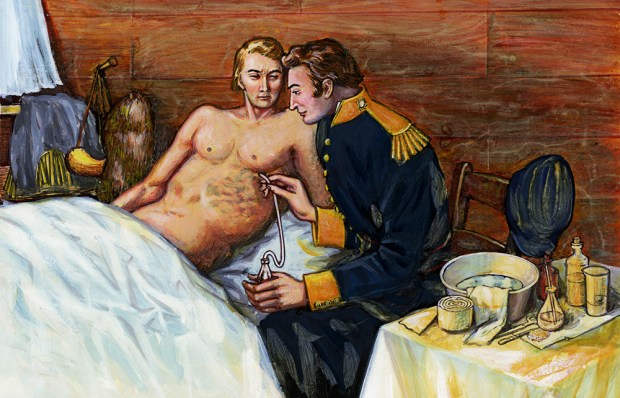
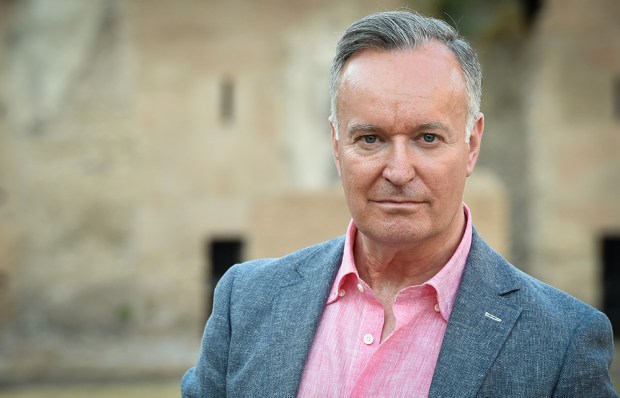
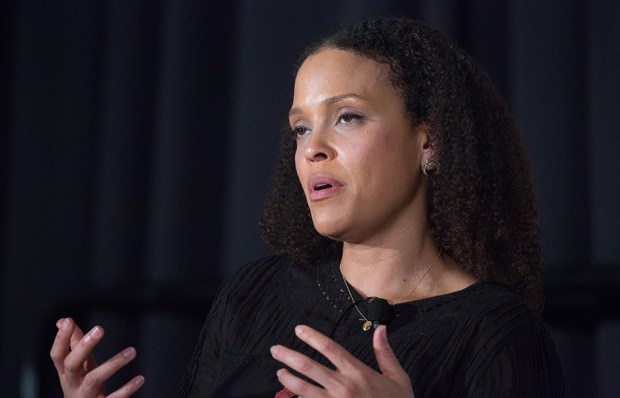






Comments
Don't miss out
Join the conversation with other Spectator Australia readers. Subscribe to leave a comment.
SUBSCRIBEAlready a subscriber? Log in